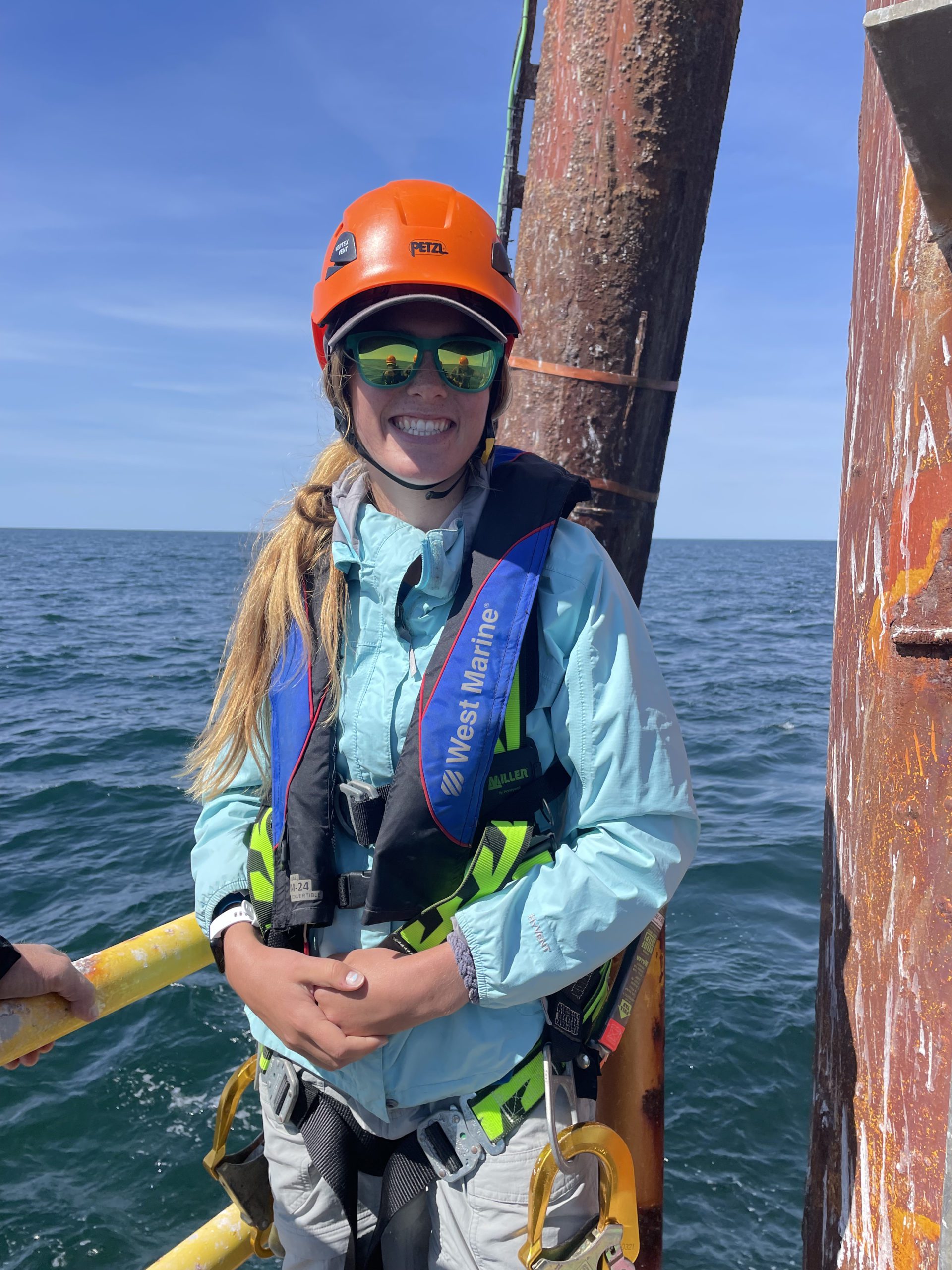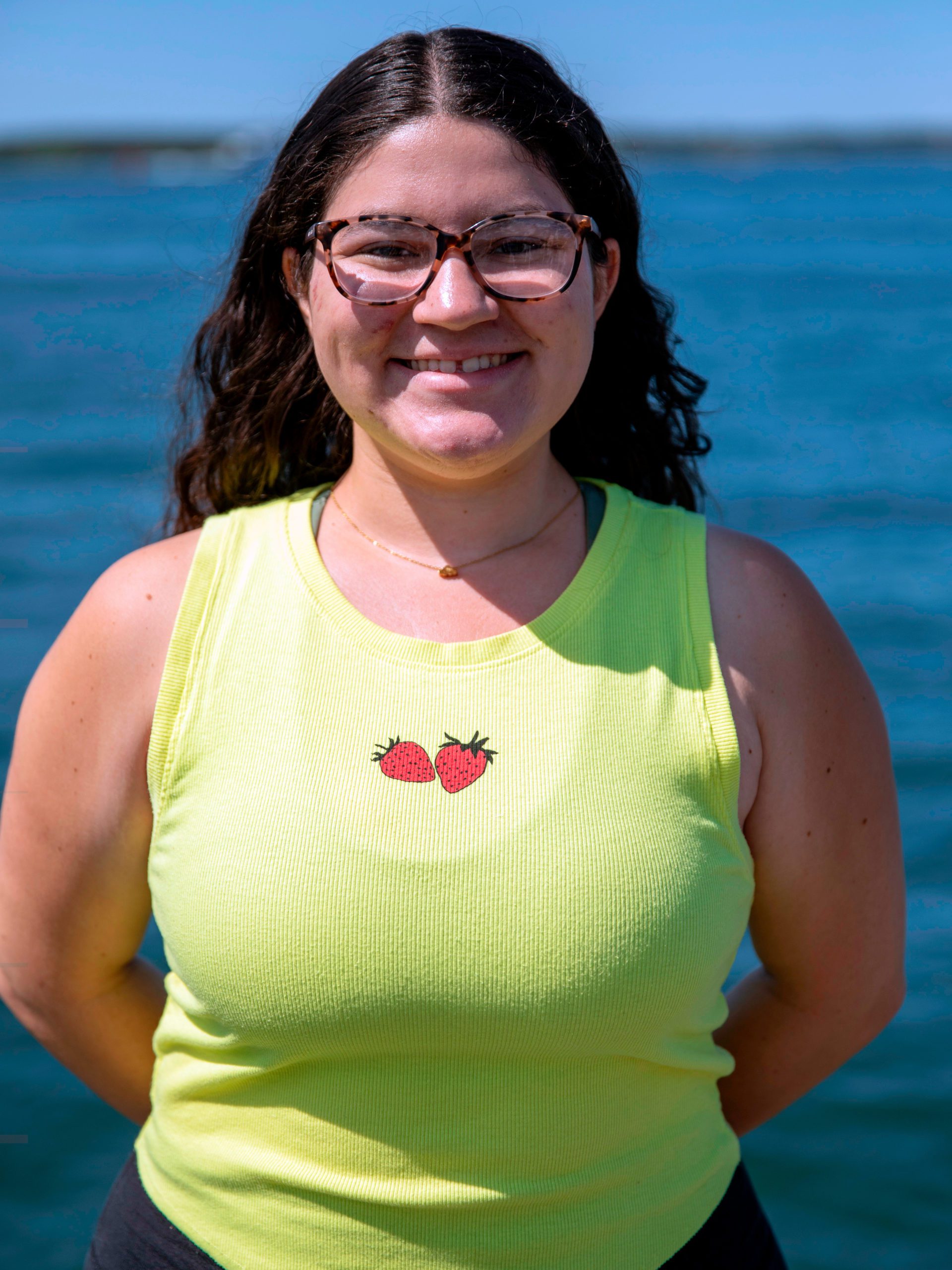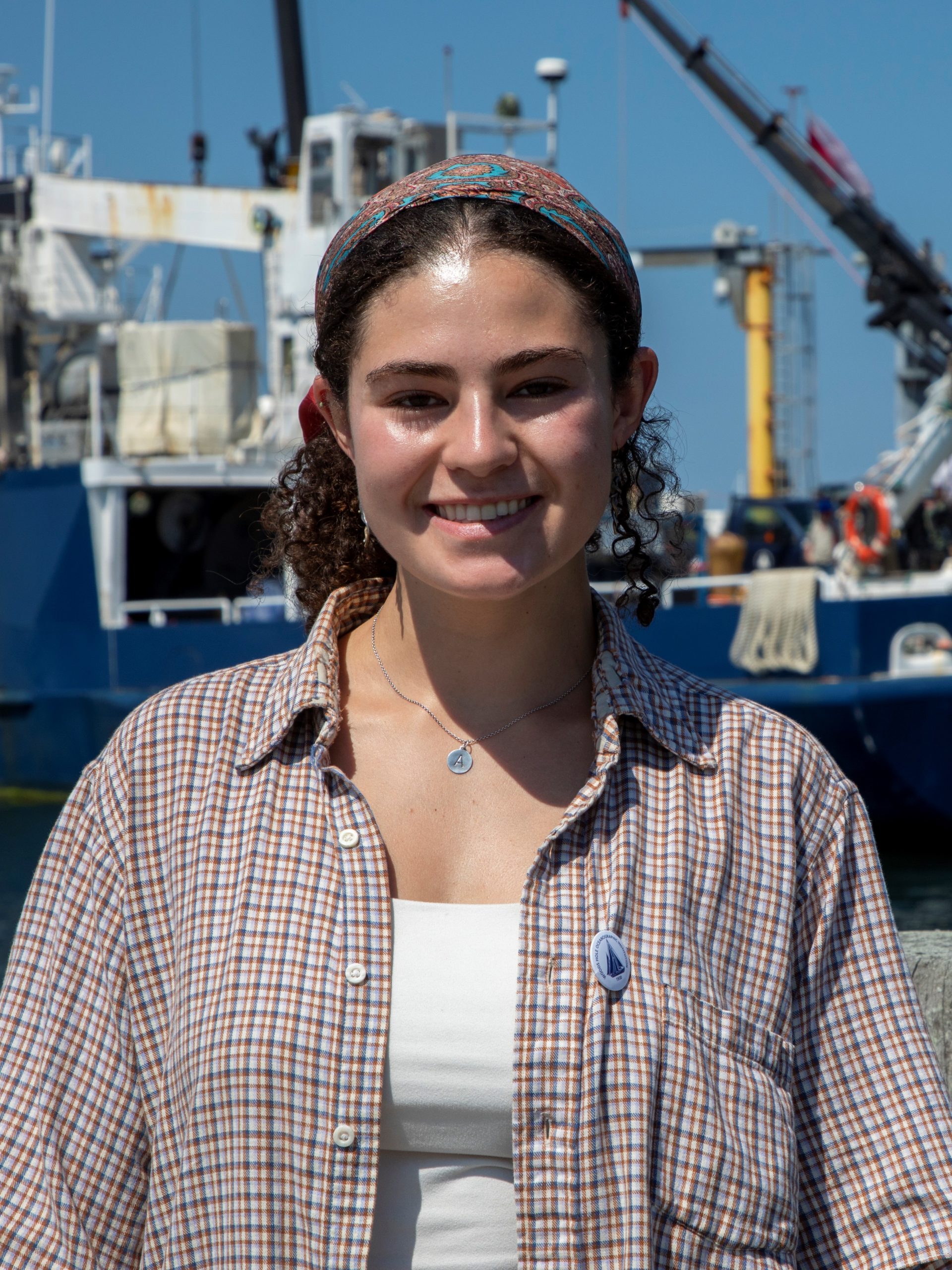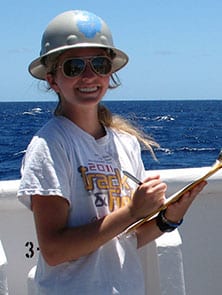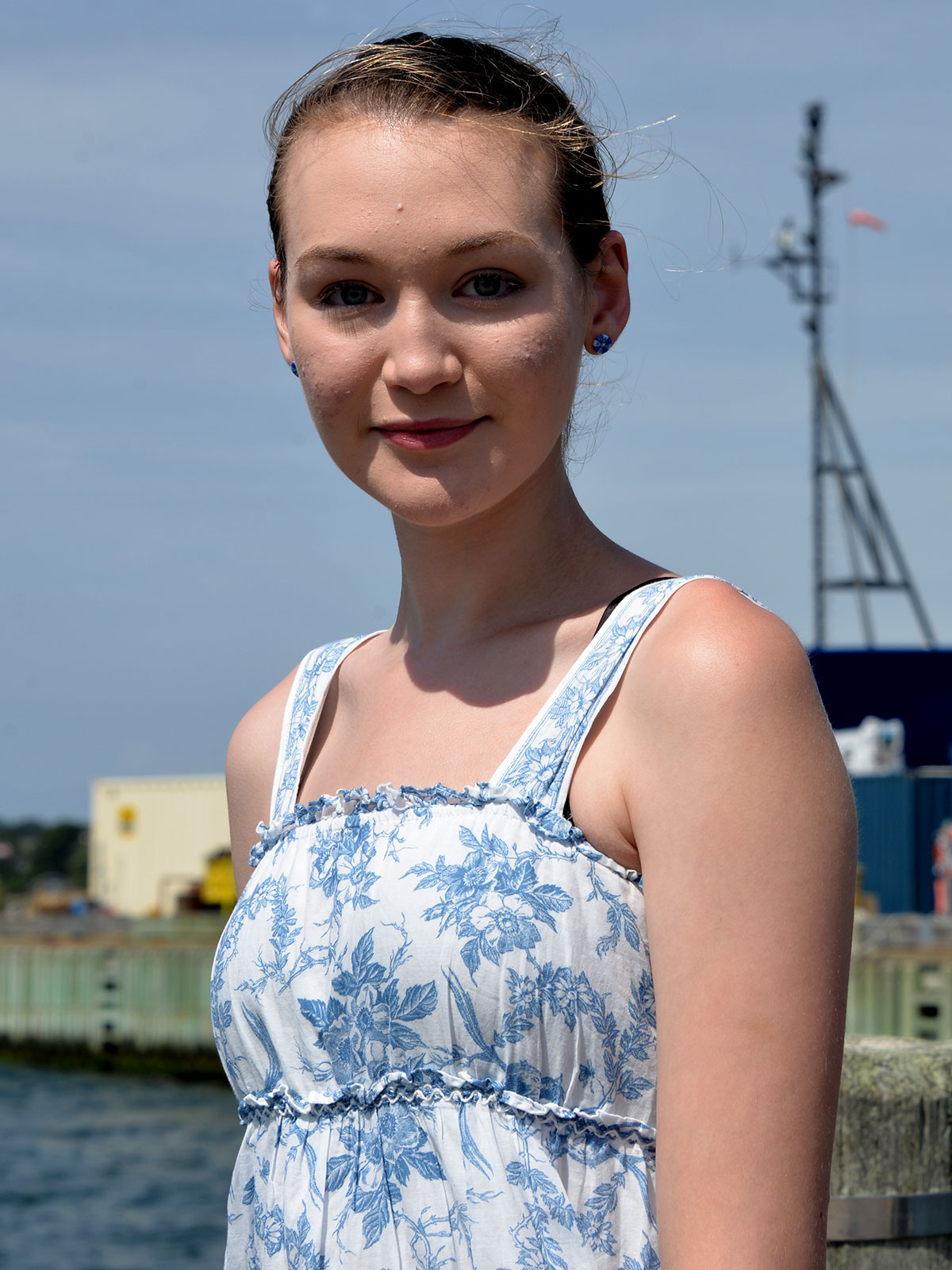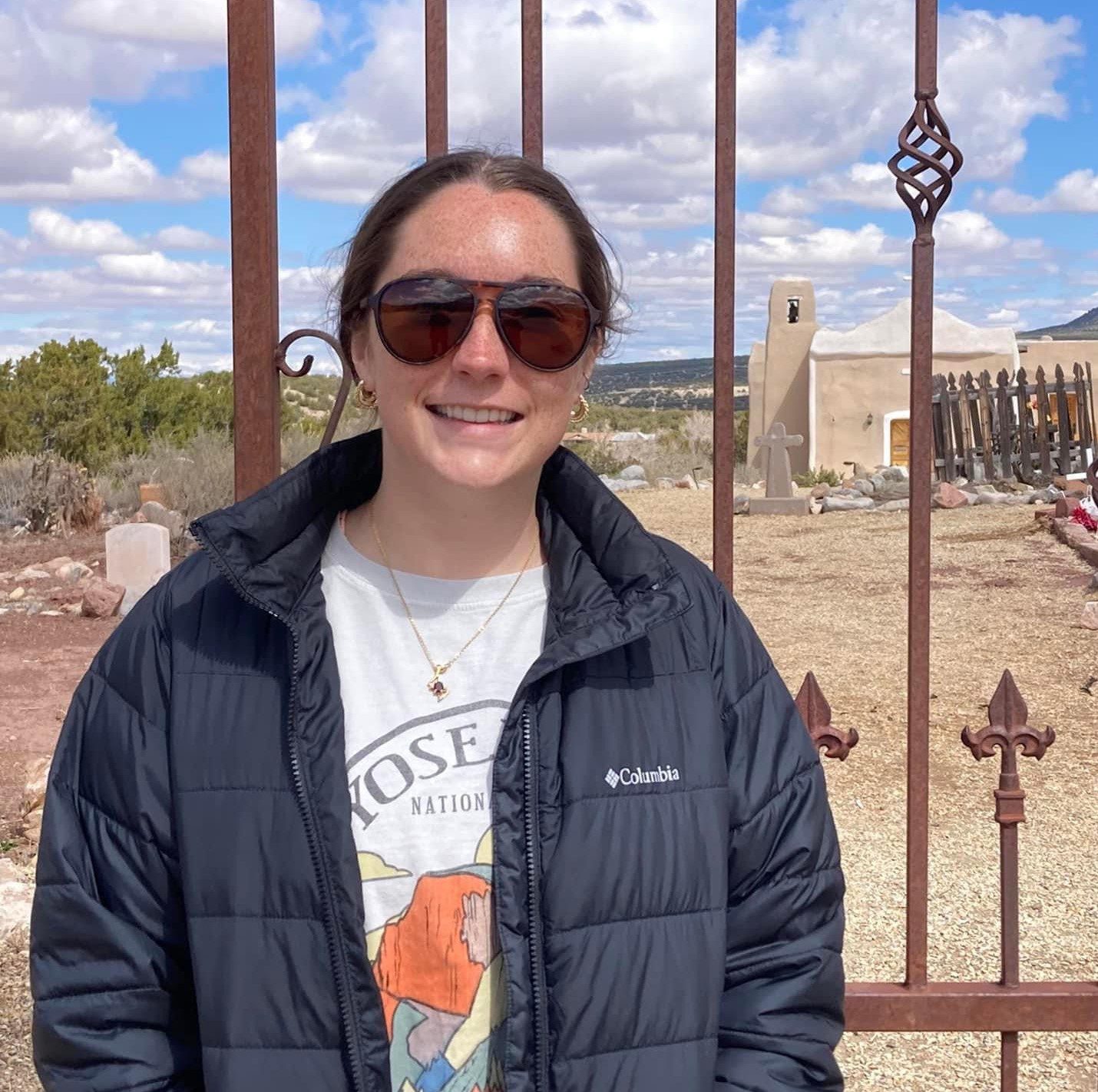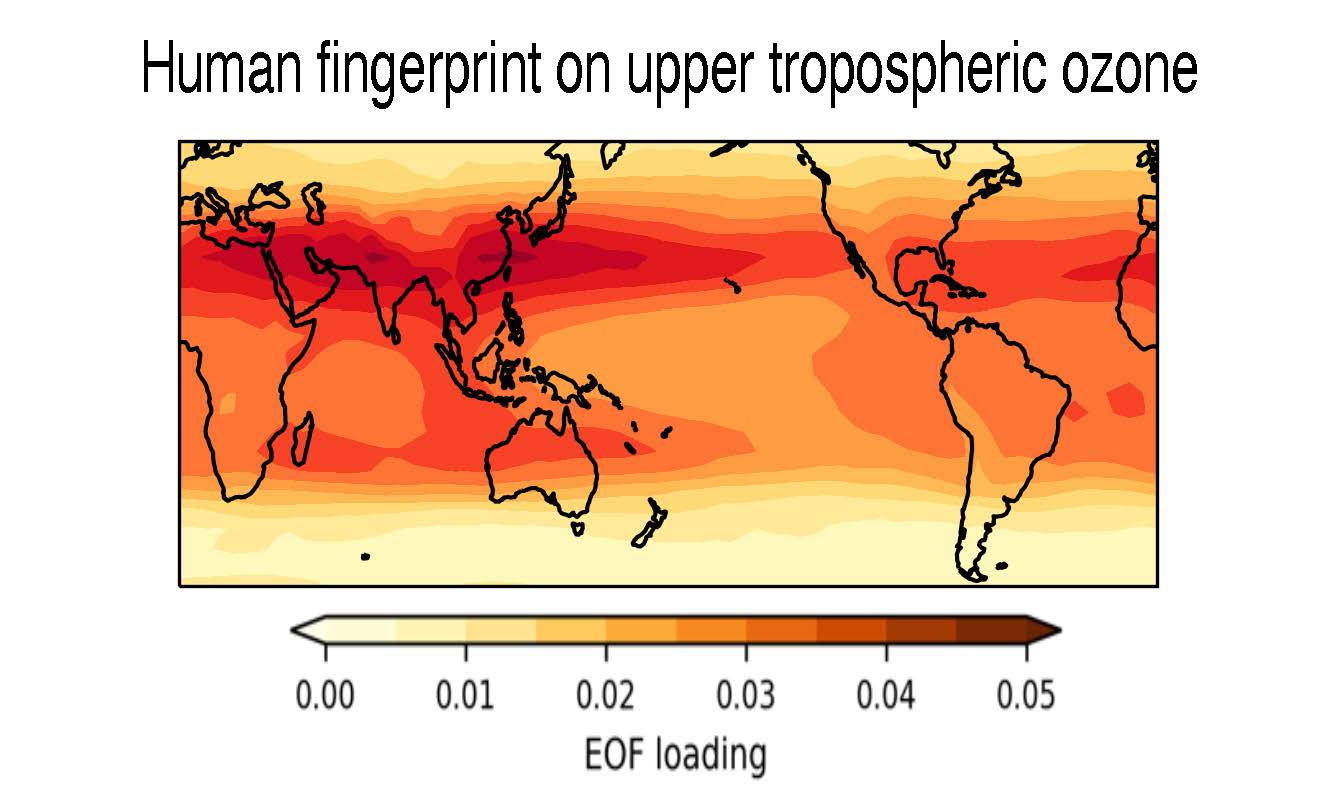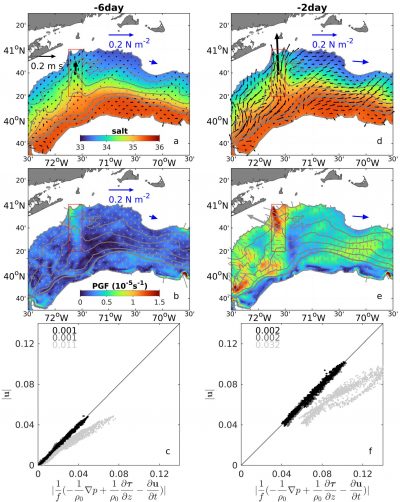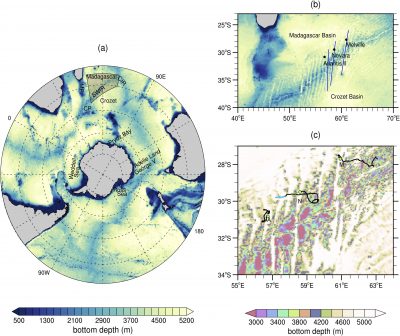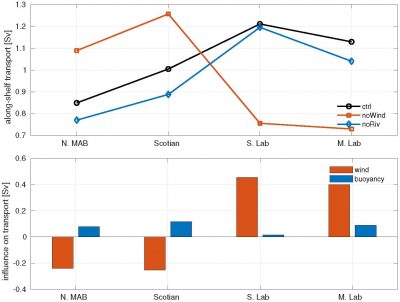Physical Oceanography
Austen Blair
Audrey Grimes
Astrid Pacini
Ashley Schefler
Ashley Arroyo
Anne Glanville
Angelica Gilroy
Andrea Belvis Aquino
Ana Karina Ramos Musalem
Alicia Camacho
Alexis Mullen
AKM Sadman Mahmud
Abigayle Clabaugh
Sean Barnier
Livia Stein Freitas
Caitlin Williams
Clara Barden
Blake Mincey
Haakon Pihlaja
Olivia Roach
Anthropogenic fingerprint detectable in upper tropospheric ozone trends retrieved from satellite
Yu, X., Fiore, A. M., Santer, B. D., Correa, G. P., Lamarque, J.-F., Ziemke, J. R., Eastham, S. D., & Zhu, Q. (2024). Anthropogenic fingerprint detectable in upper tropospheric ozone…
Read MoreA hotspot and mechanism of enhanced bottom intrusion on the southern New England shelf
Chen, K. (2024). A hotspot and mechanism of enhanced bottom intrusion on the southern New England shelf. Environmental Research Communications, 6(7). https://doi.org/10.1088/2515-7620/ad61c7 Understanding the occurrence of open ocean water intrusions onto continental shelves…
Read MoreDeep Argo Observations of Antarctic Bottom Water in the Deep Fracture Zones of the Southwest Indian Ridge
Menezes, V. V., Robbins, P., Furey, H., & Mazloff, M. (2024). Deep Argo Observations of Antarctic Bottom Water in the Deep Fracture Zones of the Southwest Indian Ridge. Journal of…
Read MoreWhat drives the mean along-shelf flow in the Northwest Atlantic coastal ocean?
Chen, K., & Yang, J. (2024). What Drives the Mean Along-Shelf Flow in the Northwest Atlantic Coastal Ocean? Journal of Geophysical Research: Oceans, 129(7), e2024JC021079. https://doi.org/10.1029/2024JC021079 A long-standing hypothesis is…
Read More

